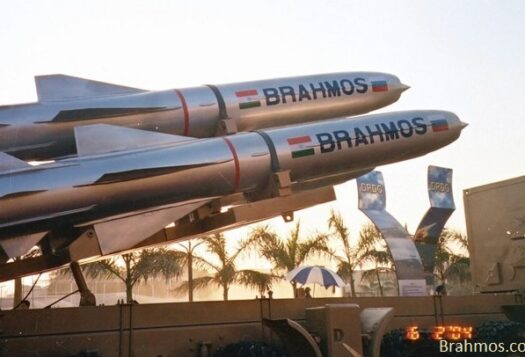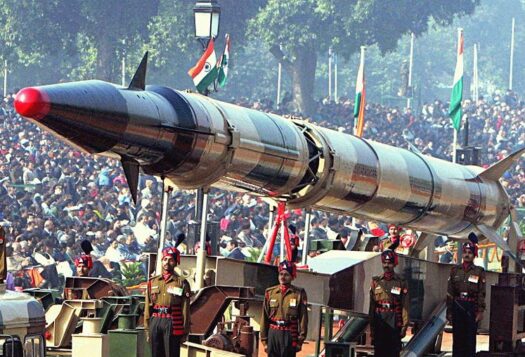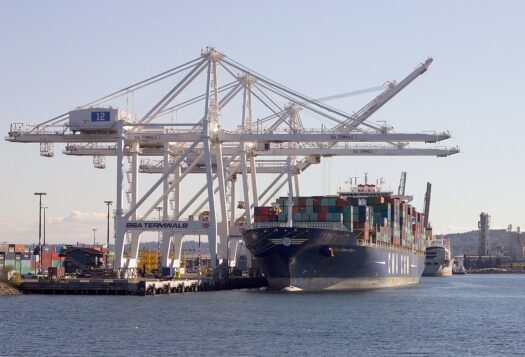
The emerging threats linked to chemical weapons need to be dealt with on an emergency basis. Sartaj Aziz, Adviser to the Pakistani Prime Minister on Foreign Affairs, reaffirmed Pakistan’s commitment to the objectives of the Chemical Weapons Convention (CWC) during a meeting with Ahmet Uzumcu, Director General of the Organization for the Prohibition of Chemical Weapons (OPCW), who was on a two-day visit to Pakistan. He also stated that Pakistan will remain actively engaged with the OPCW. During the visit, Uzumcu expressed gratitude for Pakistan’s remarkable contribution to the work of the OPCW. He also inaugurated the newly established Regional CWC Assistance and Protection Centre in Islamabad. Additionally, during the 20th session of conference of states parties on the CWC, Pakistan was unanimously re-elected as member of the executive council of the OPCW for the 2016-2018 term.
Indeed, Pakistan’s efforts for the prohibition of the use of chemical weapons are exemplary. As a confidence building measure, it signed a joint agreement on the complete prohibition of chemical weapons with India in 1992. In response to the recent use of chemical weapons by Syria, the official stance of Pakistan to the OPCW was that “Pakistan remains opposed to the use of chemical weapons by anyone under any circumstances, and finds it totally unacceptable.”
Throughout history, chemical weapons have received significantly less attention compared to nuclear weapons. Yet, these weapons of mass destruction have been massively used on battlefields and in conflict zones. From World War I to the current crises in Syria and Iraq, hundreds of thousands people have lost their lives or been injured. During WWI, “massive use of chemical weapons caused more than 100,000 fatalities and a million casualties.” Unfortunately, comprehensive statistical data does not exist to fully show the disastrous consequences of chemical weapons, but there is probability that the number of causalities exceeds what publically known documents provide.
Since its inception, the CWC has demonstrated that chemical weapons can be verifiably prohibited. The OPCW has been instrumental in making such weapons illegitimate weapons of warfare. Its struggle for the abolition of these weapons is indeed remarkable. The monitoring of thousands of chemical industries around the world has never been an easy task. It requires continuous attention as well as monitoring of such facilities to avoid any kind of disaster. In recognition of its tireless efforts, the OPCW was awarded the Nobel Peace Prize in 2013 for dismantling chemical weapons in Syria. In her appraisal for the work of the OPCW, Angela Kane, the top United Nations disarmament official, stated, “If he were alive today, Alfred Nobel would be gratified indeed that his committee has once again recognized disarmament for its great benefit to humanity.”
With the emergence of militant organizations like ISIS, the risk of chemical terrorism increases. In September 2015, a UN official reported that “ISIS is making and using chemical weapons in Iraq and Syria.” The official further stated that the “United States has identified at least four occasions on both sides of the Iraq-Syria border where IS has used mustard agents.” Chaotic regions, particularly Syria and Iraq, have become vulnerable for such terror organizations to operate and use weapons of mass destruction. Unfortunately, the global community has paid less attention to increasing chemical weapons threats.
Though ISIS is a common enemy, the United States and Russia – and the rest of the international community – seem unable to find common ground on how to approach the problem. Both Moscow and Washington need to cooperate not only in the fight against terror, but also to prevent further chemical attacks. ISIS is reportedly identifying recruits with technical skills needed to produce chemical, biological, and radiological weapons. Now, more than ever, it would be disastrous the world failed to form a comprehensive strategy to wipe out ISIS. The spillover effects from the threat of chemical weapons could bring more chaos not only to the Middle East, but also to other parts of the world.
The world is passing through a phase of unprecedented scientific advancement and technological innovation. Scientific knowledge has brought many benefits to society but has also at times been a source of profound social evils. The use of science for military advantages has always existed. However, the continuous presence and further development of chemical weapons casts a dark shadow on peace initiatives initiated by the OPCW. It also raises important ethical questions for the scientific research community. It is the moral obligation of scientists and engineers to use scientific knowledge for the betterment of the world. With collective efforts, countless lives can be saved from the disastrous consequences of chemical weapons.
***
Image: Anadolu Agency, Getty


